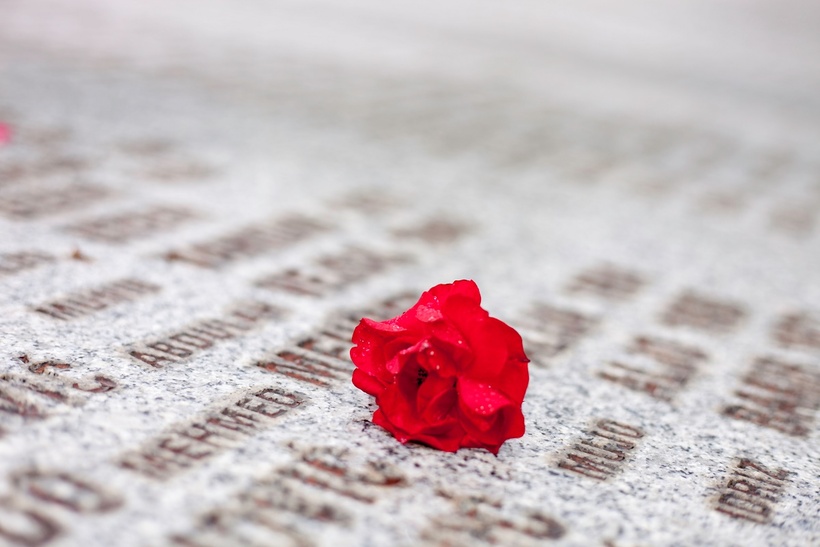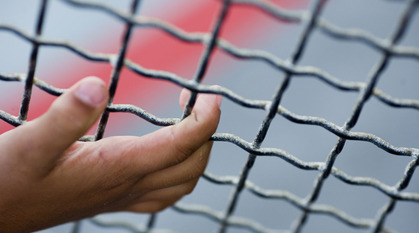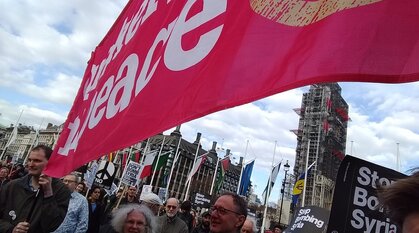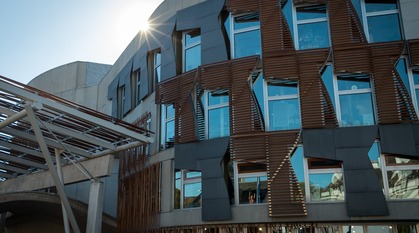Marking 25 years since Srebrenica
The Srebrenica Genocide was the worst mass murder in Europe since World War II. Marigold Bentley reflects on the failures and the work for peace that ensued.

11 July 2020 marks the 25th anniversary of the Srebrenica Genocide. In 1995 8,372 mainly Bosnian Muslim men and boys were killed by Bosnian Serb forces. Srebrenica is a town in eastern Bosnia and Herzegovina.
The massacre was the worst mass murder in Europe since World War II. Following that war, humanity turned to and created new rafts of humanitarian law in order to prevent future slaughter. In 1995 we were all reminded that law was not enough.
More than 20,000 civilians were also expelled from the area in a process known as ethnic cleansing. The very phrase itself needs explaining, in order not to diminish the evil behind it. Ethnic cleansing is the attempt to create ethnically homogeneous geographic areas by forcing people to leave who are from other ethnic groups. In Bosnia this also included mass rape of Bosniak women. It can also involve the removal of any symbols of that ethnic group including places of worship, memorials and grave stones.
The years of ethnically based violence in former Yugoslavia left deep and long lasting scars on the survivors which have which resulted in many challenges for political and social reconciliation across the region.
Why must we remember it?
When the Berlin Wall came down in 1989 Europe was changed for a generation. The Cold War between East and West that so many of us had grown up with was over. Many of us in the peace movement mistakenly believed that there would be new opportunities for peace and peace-making.
The declaration of independence by Croatia and Slovenia in 1991 resulted in large numbers of people being displaced, as they sought safety among people of the same ethnicity. British Quakers have both historical and contemporary relations across Europe and when what many of us had known as Yugoslavia – made up of Slovenia, Croatia, Bosnia Herzegovina, Serbia, Montenegro and North Macedonia – began to fracture in 1991, many British Friends got involved.
The involvement by Quakers took the form of assistance with displaced people, and lorries of food and clothing were collected for and driven across. With our long history as a peace church, with tried, tested and applicable models for war prevention, peace and reconciliation, large numbers of workshops were offered with training, conferences and discussions about ways forward. Grants were made to local peace groups and youth events were established to enable cross-cultural exchanges. Despite efforts made by many people, including the United Nations, the Srebrenica massacre was not prevented. It was an enormous blow on so many levels. The terrible sense of failure.
[QUOTE-START]
We must identify the lessons and remind ourselves of principles of equality and nonviolence and how they can be applied – not only in law but throughout our human relations.
[QUOTE-END]
We all failed one another at that time. There were forces beyond us – both as Quakers and in the peace movement – which pursued a racist agenda which we did not prevent. What we learned was that in order to stop such a thing happening again, we must learn from how it came about in the first place. We must identify the lessons and remind ourselves of principles of equality and nonviolence and how they can be applied – not only in law but throughout our human relations. These are lifelong tasks for all of us everywhere. They apply as much today as at any time.
Looking back over the years, and hearing the continuing impressive stories from former colleagues in Former Yugoslavia is humbling. They remain constant in their vital work on peace, reconciliation and dealing with their own agonising past across those beautiful countries. They understand perhaps better than us as British people, what wonderful vision a united Europe is. To truly honour those who died in Srebrenica we must recommit to peace, reconciliation, nonviolence and equality. Relevant then and powerfully relevant now.
Living links and mutual support with community peacebuilders in the western Balkans continue through the Post-Yugoslav Peace Link. Find out more at www.postyugoslavpeacelink.com.


